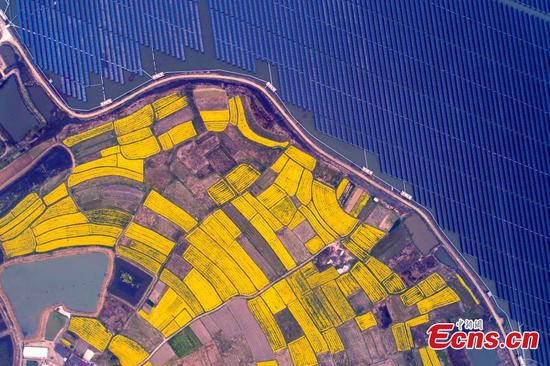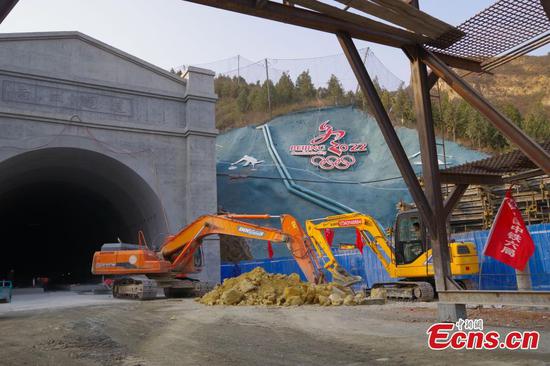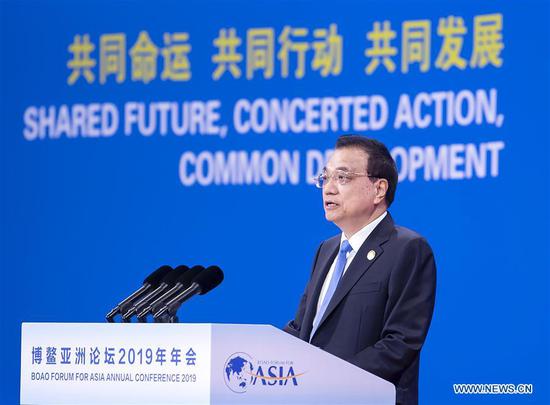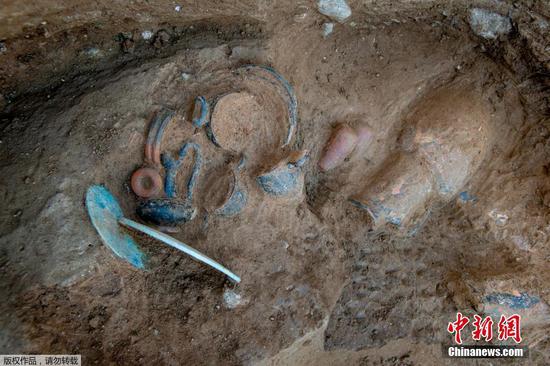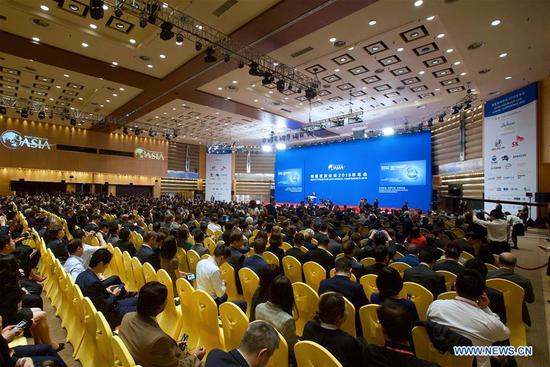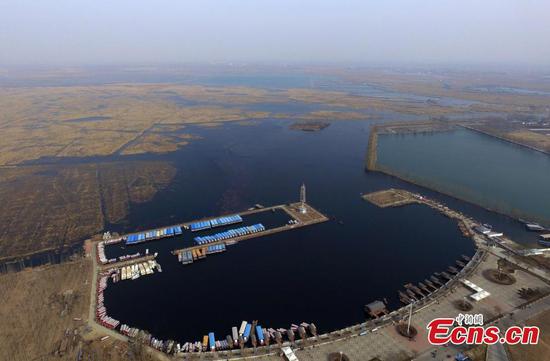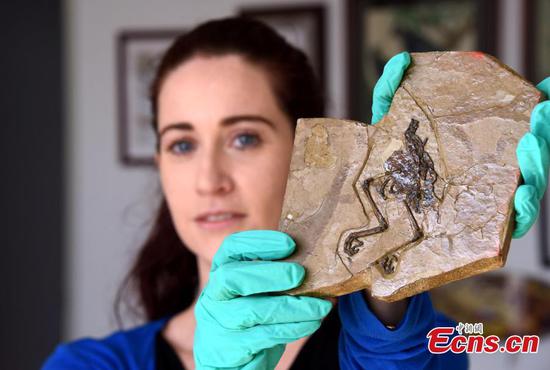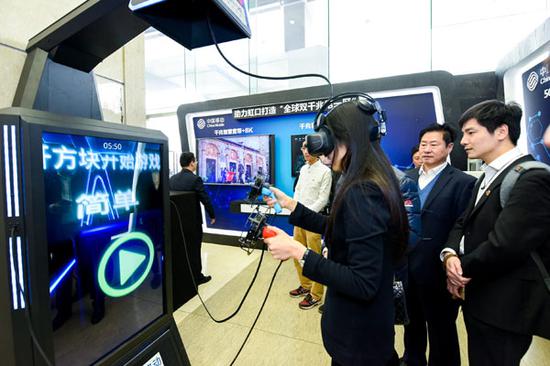
5c9f138ca3104842e4a647db
Shanghai claimed it has developed the world's first district with both 5G coverage and a broadband gigabit network.
Trial runs of the 5G network, backed by telecom carrier China Mobile, officially started Saturday in Shanghai's Hongkou district, where 5G base stations had been deployed over the last three months to ensure full coverage.
During a launch ceremony, Shanghai vice-mayor Wu Qing made the network's first 5G video call on an Huawei Mate X, the world's first 5G foldable, AI phone.
When fully operational, subscribers stand to avail of the same service without having to upgrade their SIM cards.
The city aims to build over 10,000 5G base stations by the end of this year, and that figure is expected to surpass 30,000 in 2021, said Zhang Jianming, deputy director of the Shanghai Municipal Economic and Informatization Commission, the local telecom and industry regulator.
A comprehensive deployment of the network, which transmits at least 10 times faster than 4G at peak rates, will help develop industrial manufacturing, internet-connected cars, healthcare and smart city management, Zhang said.
Zhang further said that these are all strategically critical industries for both Shanghai and China.
"Shanghai also targets to nurture over 100 innovative companies specialized in exploring 5G-related application scenarios, whose industrial output is expected to reach 100 billion yuan ($14.9 billion) by 2021," Zhang said.
"China Mobile has invested the most in Shanghai to date to help the city expand its 5G trial network and related applications, because it is the most developed city in China with rather solid infrastructure in many aspects," said Jian Qin, China Mobile vice-president.
According to Liang Zhiqiang, China Mobile Shanghai deputy general manager, the city's sound economic environment, systematic industrial outlay, huge market potential and vast talent pool have given it a unique edge in information technology.
In February Shanghai announced a 5G deployment program in Hongqiao Railway Station, where users will be able to watch live broadcasts of town hall meetings and avail of lightning-quick downloads of high-resolution movies, when mobile devices such as 5G-powered phones and tablets become available.
Aside from speed, 5G also enables high-definition transmissions in real time (which means low latency) and will bolster development in the internet of things industry.

















